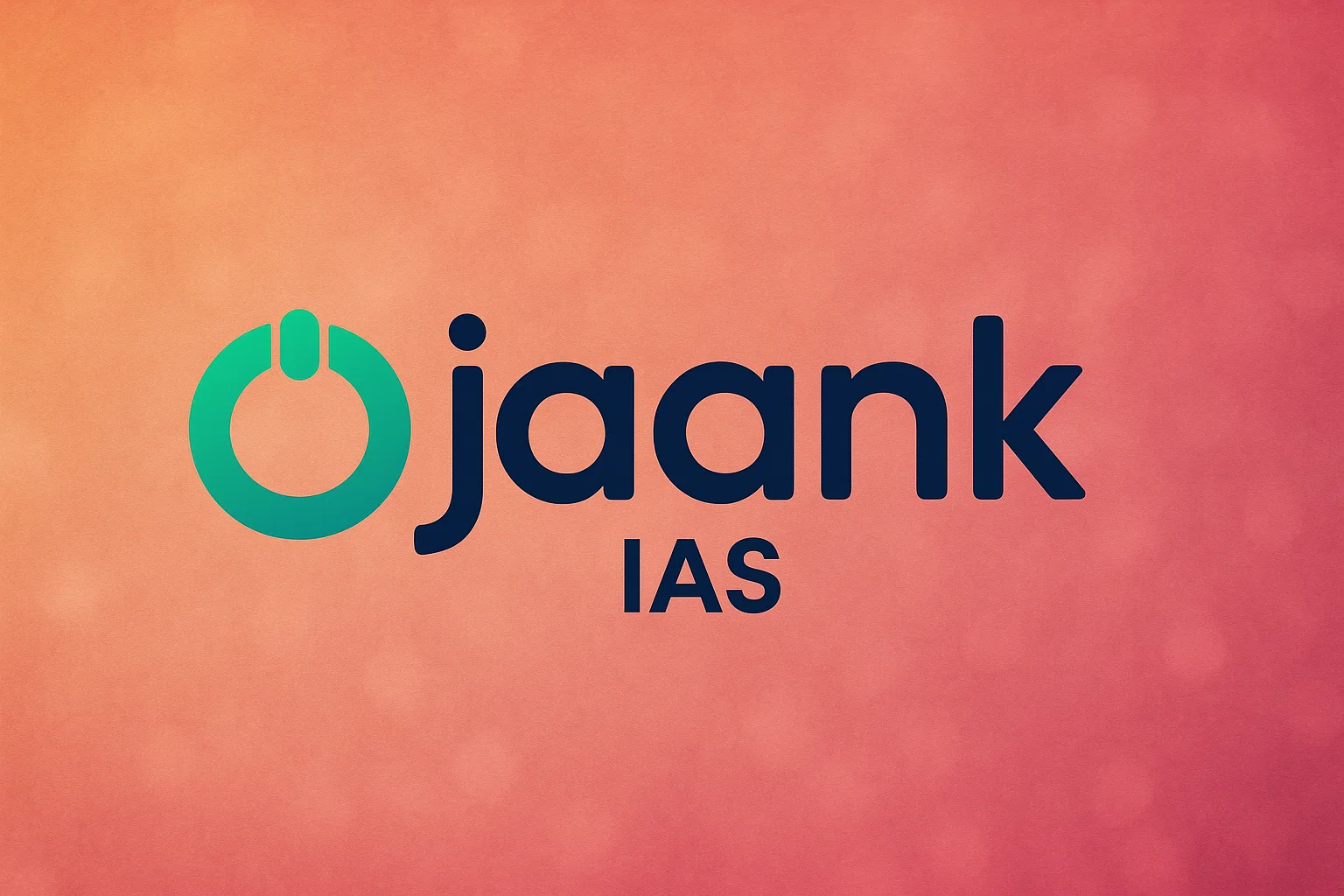India's Digital Personal Data Protection (DPDP) Act, 2023

The article argues against the prevailing notion that "data is the new oil" and emphasizes the need for a more nuanced perspective in the context of India's Digital Personal Data Protection (DPDP) Act of 2023.
It challenges three fundamental principles associated with data:
Data as a Neutral Description:
The article contests the idea that data is a neutral reflection of reality. Instead, it argues that data is not just a description but a defining element of individuals' identities, shaping who they are and predicting their future behaviors. This view calls for a deeper ethical consideration of data generation.
Data as a Commodity
The author criticizes the excessive focus on data's economic value, which can lead to the commodification of personal information. It suggests the need to resist the constant datafication of personal lives and emphasizes that not all data can or should be harvested for economic purposes.
Data's Inalienability:
- The article challenges the assumption that data can travel freely without consent or without losing its connection to its source. It advocates for regulating how data can be used and circulated to protect individuals' privacy and consent.
- The DPDP Act of 2023 is seen as a significant step towards data protection in India, given the country's extensive use of biometric data. However, the article argues that the act should be seen as a first draft, and it calls for a more critical examination of the three principles mentioned above. It suggests that operational realities need to be continually scrutinized to ensure data equity and justice, especially for vulnerable and precarious individuals.
In summary, the article contends that data is not a mere economic commodity but a complex entity deeply intertwined with people's lives, identities, and privacy. It calls for a more comprehensive and ethical approach to data regulation in the context of India's DPDP Act of 2023.